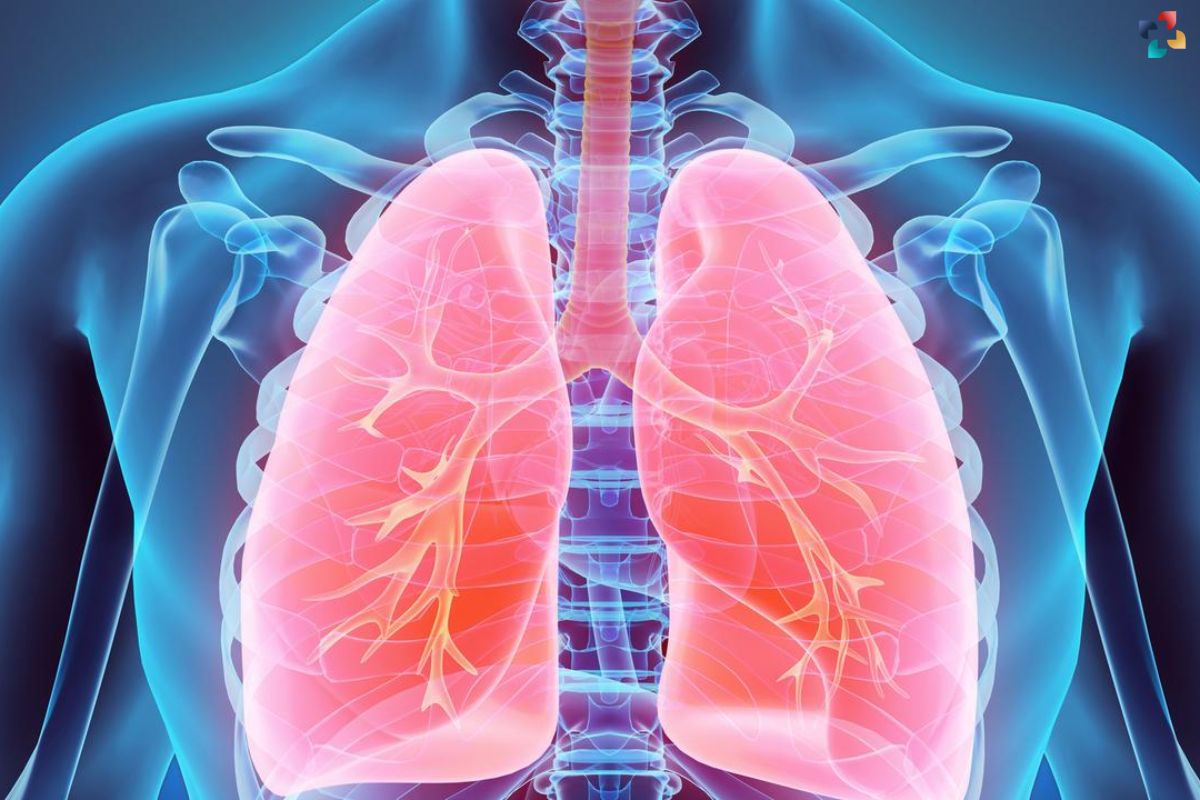A recent clinical trial conducted by researchers at the Abramson Family Cancer Center at the University of Pennsylvania Perelman School of Medicine has demonstrated the potential of a novel combination therapy for advanced lung cancer. The study, published in Science, explored the effects of combining an anti-inflammatory drug with anti-PD1 checkpoint inhibitor immunotherapy. This innovative approach targets the dual nature of inflammation, which can both combat infections and cancers in the short term and, when chronic, suppress the immune system.
The trial involved 21 patients with advanced non-small cell lung cancer (NSCLC) who were treated with a JAK1 inhibitor. This drug reduces persistent inflammatory signaling without affecting the initial inflammation necessary for antitumor activity. After receiving two doses of anti-PD1 immunotherapy, patients were administered the JAK1 inhibitor for six weeks. The results were impressive, with a 67 percent overall response rate and a median progression-free survival of nearly 24 months. These outcomes are notably high for advanced NSCLC, indicating a significant advancement in treatment options for this patient group.
In-Depth Analysis and Expert Insights
Dr. E. John Wherry, co-senior author of the study and a prominent figure at the University of Pennsylvania, highlighted the encouraging response among patients. He noted that those with either low baseline inflammation or high baseline inflammation that responded well to the JAK1 inhibitor treatment exhibited the best outcomes. This finding underscores the importance of managing chronic inflammation in enhancing the effectiveness of immunotherapy.
The study’s co-first authors, Dr. Divij Mathew and Dr. Melina Marmarelis, alongside other researchers, conducted thorough analyses of patient responses and earlier tests in NSCLC mouse models of advanced lung cancer. Their work supported the treatment’s rationale, showing that lower levels of interferon-driven inflammation, either initially or following JAK1 inhibitor treatment, were associated with more effective CD8 T cell responses and better overall outcomes. This connection between inflammation management and immune response efficacy is a pivotal aspect of the study’s findings.
Future Directions and Broader Implications
While the trial lacked a comparison group, the combination therapy’s effectiveness was evident, with a response rate of 67 percent compared to approximately 45 percent for pembrolizumab alone in similar patient groups. The durability of these responses, with many patients remaining alive, further supports the potential of this combined approach.
Looking ahead, the researchers plan to conduct a larger confirmatory clinical trial to validate these promising results. They also aim to investigate the role of JAK1 inhibition in patients who experience disease progression despite immunotherapy, addressing a critical area of clinical need. The study, titled “Combined JAK Inhibition and PD-1 Immunotherapy for Non-Small Cell Lung Cancer Patients,” involved numerous contributors and received funding from several esteemed organizations, including the Mark Foundation for Cancer Research, the Parker Institute for Cancer Immunotherapy, and the National Institutes of Health.
The success of this trial marks a significant step forward in the fight against advanced lung cancer, offering hope for improved outcomes through innovative treatment strategies that harness the body’s immune system while managing chronic inflammation.







